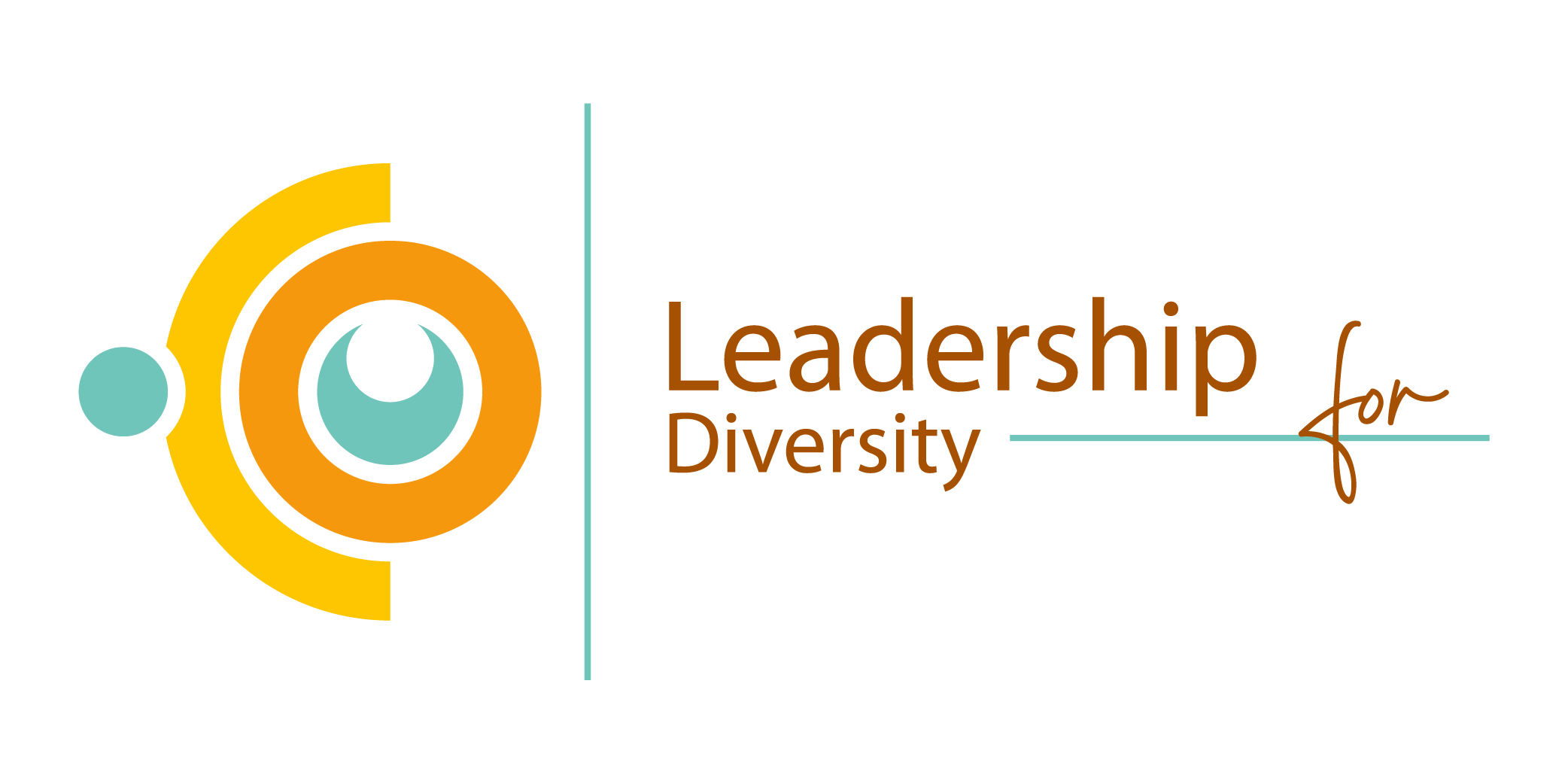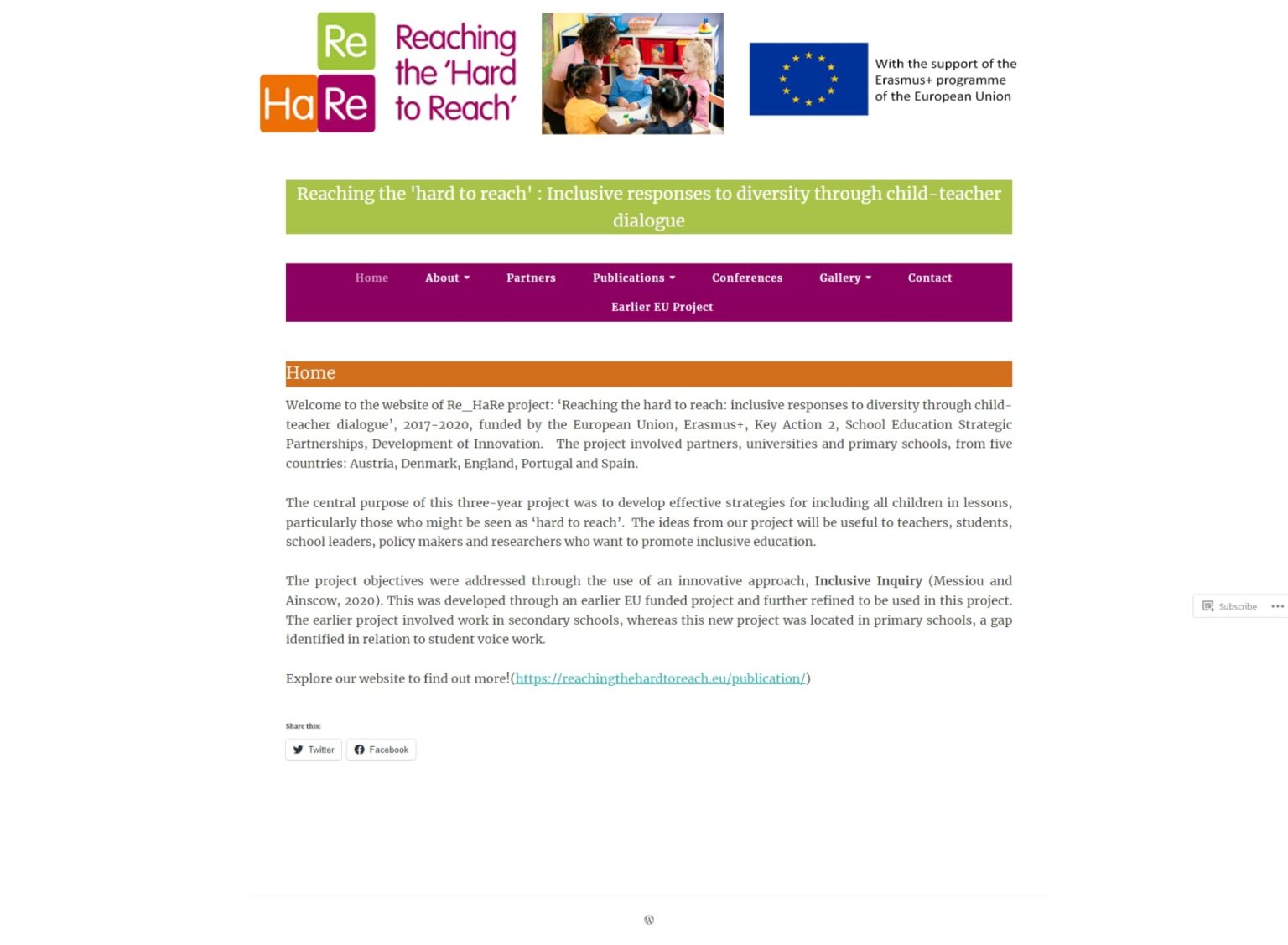Description:
Through funding from the Erasmus + programme, the project ‘Reaching the “hard to reach”: Inclusive responses to diversity through child-teacher dialogue’ was carried out. The consortium of 5 organisations from different European countries focused on improving the inclusion of all pupils in the classroom. Particular attention was paid to those considered ‘hard to reach’ such as migrants, students with disabilities or those who are more excluded from the class group. The main objectives of the project were:
- To foster an inclusive dialogue between teachers and learners
- To develop educational practices that cater for diversity within the classroom
- To involve students as active researchers within the educational process
- To improve student participation in classroom activities.
The methodology of the project was based on collaborative action research involving teachers and students as research partners.three teachers were trained and worked with a group of student researchers to gather evidence and design inclusive lessons.this process is divided into three phases: Planning (Creating a comprehensive lesson plan with the involvement of the student researchers) Teaching (Planning lessons, observing student reactions and collecting feedback) and Analysis (Reflecting on the impact of instruction on student engagement and adjusting plans based on observations and feedback).
The findings showed that involving students in the educational process not only improved student engagement, but also allowed teachers to reflect on their practice and make significant adjustments. In addition, the importance of listening to students was emphasised, thus enriching the educational experience and promoting a more inclusive learning environment.
In short, this project was not only about classroom participation, but also about empowering students to become active agents of their own learning.

